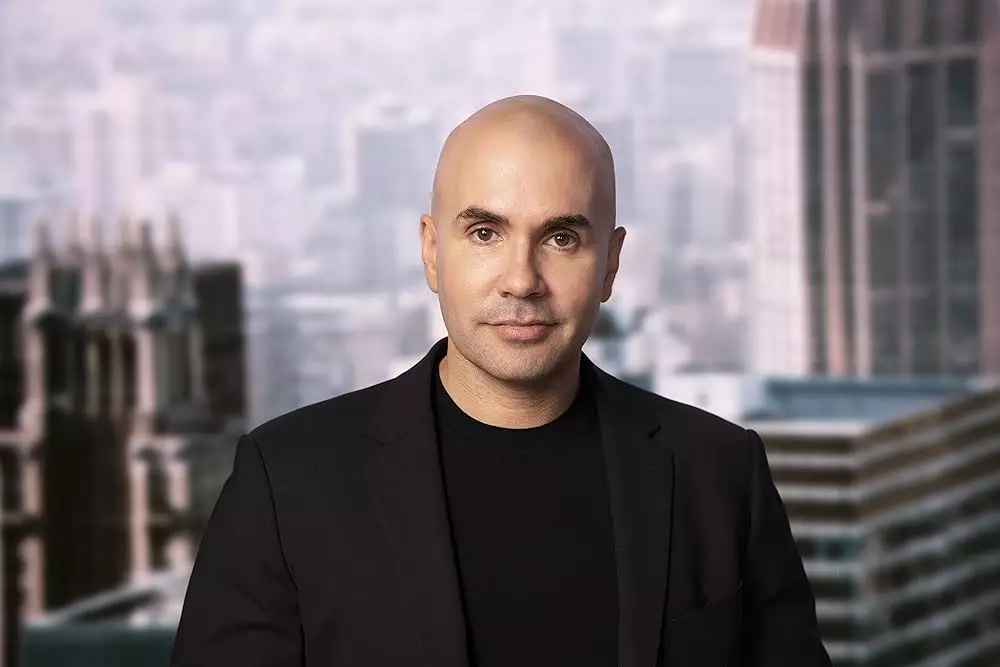The impending departure of Chris McCarthy from Paramount Global marks a significant turning point in the evolving landscape of the entertainment industry. As co-CEO and leader of Showtime/MTV Entertainment, McCarthy’s imminent exit ahead of Skydance’s acquisition signals not just a personal transition but a broader shift in corporate strategies amidst industry upheaval. His decision underscores the high-stakes game of mergers and acquisitions, where executive stability often becomes collateral damage. McCarthy’s 22-year tenure, marked by resilience through turbulent times, had positioned him as a key architect of Paramount’s recent resurgence, particularly through a focus on premium IP and strategic talent deals. Yet, the timing of his departure suggests that even the most seasoned leaders are not immune to the uncertainties inherent in such corporate upheavals.
This move isn’t merely about leadership change; it symbolizes a deeper reflection on the unpredictability of the entertainment business. The merger approvals, regulated by bodies such as the FCC, often serve as gateways for corporate consolidation but can also bring about a climate of anxiety and strategic reevaluation. McCarthy’s exit epitomizes the internal recalibrations that occur when large media conglomerates pivot towards new ownership structures, often at the expense of continuity at the executive level. His departure leaves a leadership void at a moment when the industry is rapidly shifting towards streaming dominance, content syndication, and global expansion.
The Power of Content and Strategic Vision
During his tenure, McCarthy demonstrated an astute understanding of content’s transformative power in the digital age. His strategic bets, especially on high-profile talent like Taylor Sheridan, paid off remarkably well. Sheridan’s Yellowstone franchise alone, now valued at around $3 billion, proves the profitability of investing in pioneering scripted content and original series. McCarthy’s foresight in signing Sheridan to a lucrative deal, reportedly worth $200 million, reflects a deeper philosophy that quality, high-concept storytelling can drive subscriber growth and brand loyalty. His leadership in streaming expansion, with Paramount+ adding millions of subscribers, showcases an ability to adapt to changing consumer preferences.
However, the reliance on intellectual property and blockbuster content, while effective, also raises questions about the risk of creativity becoming secondary to franchise management. McCarthy’s focus on expanding IP portfolios and talent deals has led to record viewership in some areas, yet it could potentially stifle innovation if overemphasized at the expense of fresh ideas. The industry’s future hinges on balancing tried-and-true franchises with disruptive storytelling that captivates new audiences—an area where McCarthy’s legacy remains open to debate.
His tenure also reflected a nuanced understanding of talent relationships, exemplified by orchestrating high-profile returns like Jon Stewart’s comeback and renewing long-standing series with creators like Trey Parker and Matt Stone. These deals underscore an emphasis on cultivating a pipeline of content rooted in trust and proven audience appeal—an approach that could serve his successors well, depending on how they leverage these assets post-merger.
Leadership Void and Future Challenges
McCarthy’s departure leaves a significant leadership void just as Skydance prepares to take the reins. His close collaboration with key creative figures and operations staff was instrumental in steering Paramount through financial and strategic challenges. With Skydance’s future leadership still unclear, the industry faces uncertainty about the strategic direction of its content empire. Notably, figures like Keith Cox, a trusted lieutenant involved with Sheridan’s projects, may be retained, hinting at a desire to preserve continuity amid change.
Yet, the risk remains that new ownership might reorient the company’s priorities — perhaps toward different content genres, technological innovations, or international expansion goals. McCarthy’s unique combination of creative foresight and operational expertise will be hard to replace. The question lingers: will Skydance’s leadership embrace McCarthy’s achievements or seek a radically new path? That answer will shape the company’s trajectory for years to come.
In essence, McCarthy’s exit prompts reflection on leadership’s role in navigating industry upheaval. His tenure exemplifies how visionary management—centered on strategic talent investment, IP development, and streaming adaptation—can redefine a company’s competitive edge. As the industry continues to accelerate towards a new era of entertainment consumption, the real story may now shift to how successors will forge a legacy that balances innovation with the stability required in such turbulent times.

